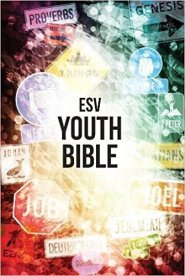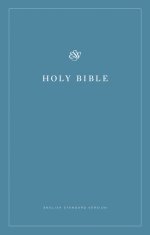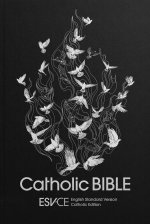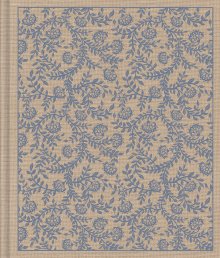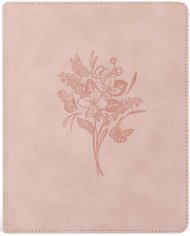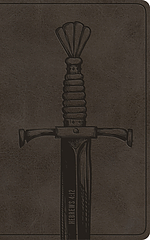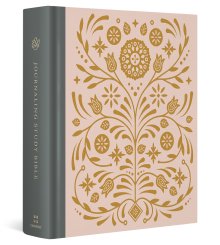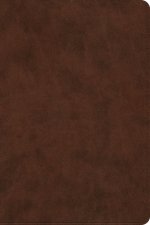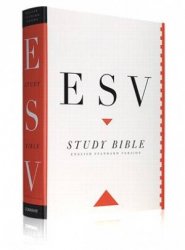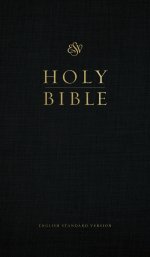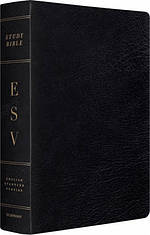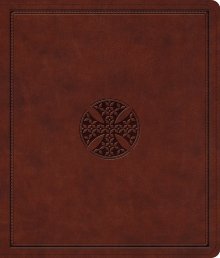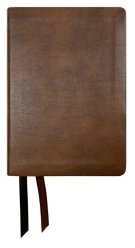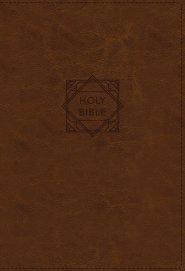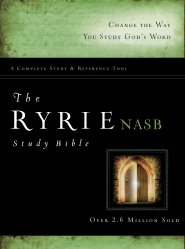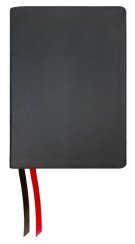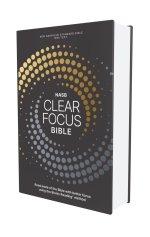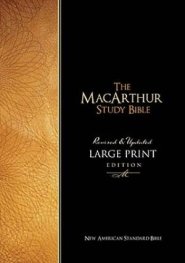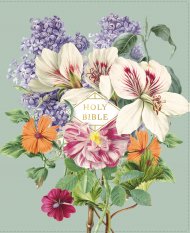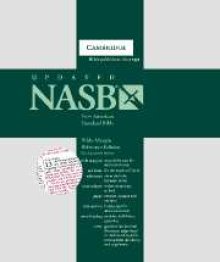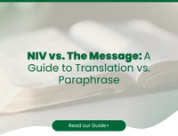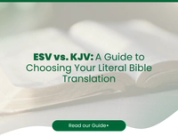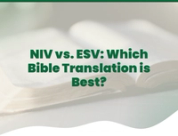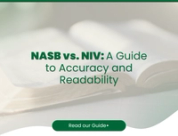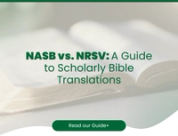When it comes to deep, serious Bible study, choosing a "word-for-word" translation is paramount.
You want to get as close as possible to the structure and syntax of the original Hebrew and Greek texts. In the world of these literal translations, two titans stand out for their scholarly rigor and faithfulness: the English Standard Version (ESV) and the New American Standard Bible (NASB).
But on the surface, they can seem very similar. Both are highly respected for their accuracy and are trusted by pastors, scholars, and students around the world.
So, how do you choose between them?
What are the subtle but significant differences that might make one a better fit for your study habits?
Let's take a deep dive into the nuances of these two outstanding scholarly translations to help you decide.
The Foundation: A Shared "Word-for-Word" Philosophy
Before we look at the differences, it's important to understand what makes the ESV and NASB similar. Both translations follow a "formal equivalence" or "word-for-word" philosophy. This means their primary goal is to translate each word and phrase from the original languages as directly and consistently as possible into English.
This approach makes them incredible tools for study, as they allow you to see the structure, grammar, and recurring words of the original text more clearly. Both are also translated from the same modern, critical Hebrew and Greek manuscripts, giving them a shared scholarly foundation.
Key Difference #1: Readability and Literary Style
While both are literal, their approach to the final English rendering differs slightly.
- ESV: The ESV stands in the classic King James Version (KJV) tradition, by way of its predecessor, the Revised Standard Version (RSV). While being a literal translation, it also aims to retain a degree of literary excellence and poetic cadence. The ESV often reads more smoothly than the NASB, making it a popular choice for public reading, preaching, and scripture memorisation.
- NASB: The NASB is renowned for being arguably the most consistently literal major English translation available. Its primary goal is technical precision, sometimes even at the expense of a natural English flow. This can make it sound slightly more "wooden" to read aloud, but it is an unparalleled tool for seeing the precise structure of the original language.
Key Difference #2: Gender Language (A Note on Editions)
A significant point of comparison is how each translation handles gender-specific language when the original Greek or Hebrew is inclusive.
- ESV (and NASB 2020): These versions use a "gender-accurate" approach. For example, when the Greek word adelphoi is used to address a mixed group of men and women, they will often translate it as "brothers and sisters" to reflect the inclusive nature of the original term.
- NASB (1995 edition): The older, but still very popular, 1995 edition of the NASB retains the traditional gender language, translating adelphoi as "brethren" or "brothers."
For some readers, this is a key deciding factor based on personal conviction and preference.
Quick Comparison Table
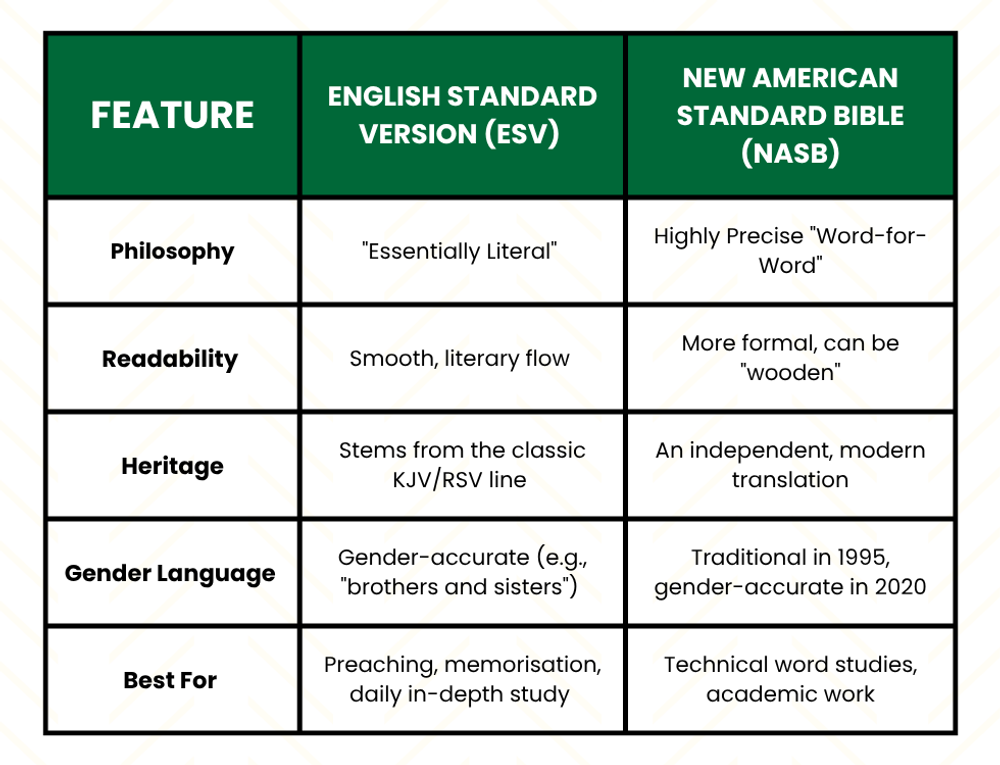
The main difference between the ESV and NASB lies in readability and precision. Both are literal, word-for-word translations, but the ESV offers a smoother reading experience, while the NASB is known for its highly precise rendering of the original text, making it excellent for academic study.
Which One Is for You? The Final Choice
You truly cannot go wrong with either of these excellent translations for serious study. Your decision will likely come down to your primary use case.
Choose the ESV if:
- You want a literal, word-for-word translation that also reads beautifully.
- You plan to use your Bible for public reading, preaching, or scripture memorisation in addition to personal study.
- You appreciate a translation that retains a classic, literary feel.
Choose the NASB if:
- Your absolute top priority is technical precision and seeing the structure of the original language as clearly as possible.
- You are doing deep, academic-level word studies and want the most literal rendering available.
- You are comfortable with a less fluid reading style in exchange for maximum formal accuracy.
Find the Right Tool for Your Study
Your desire to dig deeper into God's Word is a commendable one. Having the right tool in your hands can make all the difference.
- Explore our extensive collection of ESV Study Bibles, renowned for their scholarly notes and resources.
- Dive into the details with our range of NASB Bibles, including reference and study editions.
- Use our Bible Finder tool to compare features and find the perfect Bible for your specific study needs.
By choosing either the ESV or the NASB, you are equipping yourself with one of the most trusted and accurate translations available to deepen your understanding of God and His Word.
Still not sure which Bible is right for you? You can learn more in our complete, free 97-page ebook, 'How to Choose Your Bible'.


